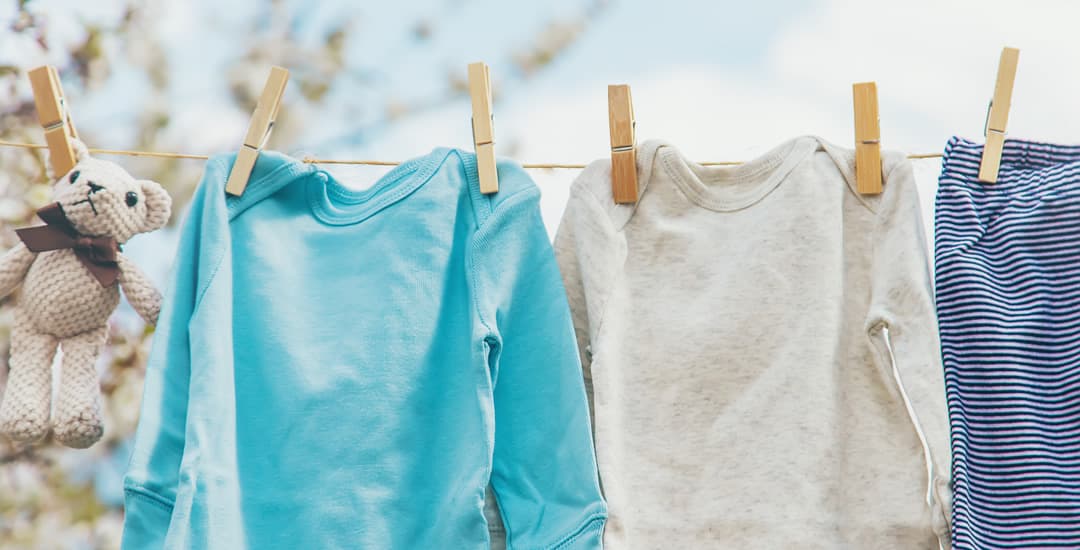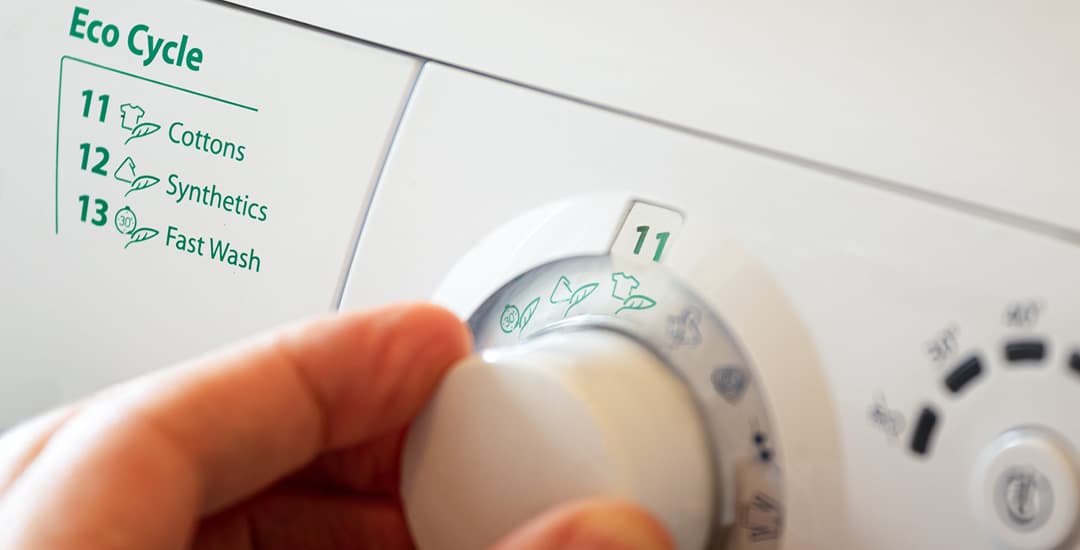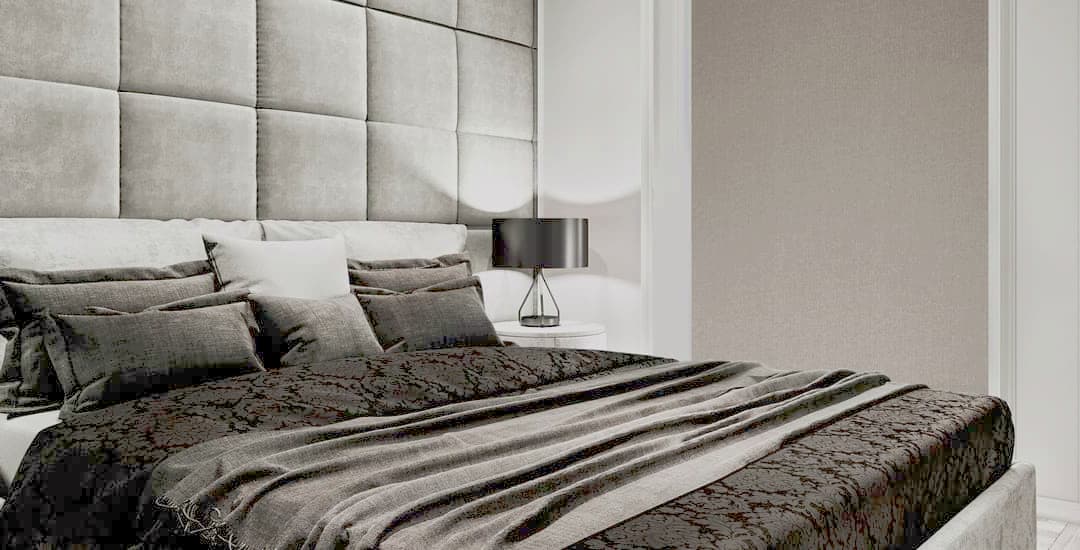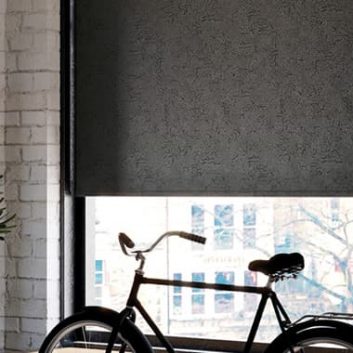
Sheesh! The price of electric/gas/heating oil/coal/whatever else keeps you warm and clean right now, AMIRIGHT? Joking aside though, the cost of home energy is honestly pretty frightening at the moment, and I saw a newspaper headline today that reckons that six million of us are already living in fuel poverty, which is ultimately 1 in 10 of the population.
If you are one of said 1 in 10, or even one of the other 9 as we’re all paying a looooottttt more for power these days than we were a year or so ago, this blog post will share five inexpensive or free (and low-to-zero effort) ways to reduce your energy use in 2022/2023.
The asterisk in the title? Minor disclaimer! Energy prices are rising at such a rate that even if you really make a reasonable dent in your actual energy usage compared to last year, this might have a not-so-acute impact on your energy expenditure compared to last year.
However, compared to what you might otherwise spend at the current market rate, these six tips will make a tangible difference, as will hopefully become self-evident when you read them.
1. Use low energy light bulbs

This simply involves swapping out all of the lightbulbs in your house for low-energy ones.
Low energy bulbs do cost a bit more to buy than the ones that go “ping!” when they burn out, but they also last for far longer, and you can sometimes actually get them for free from energy companies and so on doing promotions. To get enough for your whole house, take some disguises and keep re-joining the queue, I guess!? Upon reflection, I think mine were posted out though…
There are two types of low-energy bulbs, being CFL and LED respectively. They’re both equally good, but the CFL ones take a few minutes to reach full brightness, for reasons I’m unclear on.
For each energy-hungry bulb you replace with a low energy one, you can save £6-7 per year on your electric spend.
2. Air-dry your clothes

Tumble dryers are one of the most power-hungry appliances in your home; because they generate heat. Heat is expensive, so keep it for warming yourself up rather than cooking your Levi’s.
Switching to air drying your clothes is something that many people are a bit resistant to, as it takes longer and uh, people can see your pants if you use a washing line, and/or having clothes hanging up drying in the home makes some houseproud people twitchy.
If you don’t have access to outdoors to air dry clothes and/or if it’s been raining for four years now and is showing no signs of stopping, this can be a challenge too.
However, whatever your situation, there will be a way you can air dry clothes effectively and so, for free. If you have a bath you can hang a drying rail over it, things can dry in an airing cupboard and so on, you can use radiators, and even just set up a clothes horse near a source of warmth or even a sunny window.
Obviously you won’t want to make your home condensated or damp by doing this, so use the fast spin on the washer to get your clothes as dry as possible first, ensure good ventilation, and maybe even set up a fan on a low setting pointing at the clothes for a couple of hours (a fan blowing out cool air only as opposed to heat uses very little energy).
Not using your tumble dryer at all can save you hundreds of pounds on your energy bills per year. If you really are that attached to the dryer, how about air drying stuff to almost-dry, then just giving them ten minutes in the dryer to finish off?
3. Re-think how you use your washing machine

Another related point to note here is that we all tend to over-wash our clothes, and can sometimes save money on energy in this respect too. Use the machine’s eco mode, lower the wash temperature, run shorter wash cycles, don’t put a wash on until you have a full load, and consider if stuff is actually dirty before you put it in!
When it comes to your smalls, then yes you should definitely wash them after one day’s use, but other layers, particularly in winter if you’re wearing a lot of them, will quite likely not need to be laundered as much as you’re doing if you’re doing so without really thinking about it.
Washing your clothes less often can also help them to last longer too!
4. Put a jumper on

The whole “I’m cold!” “Well put a jumper on, then!” Is a conversation we’ve all had, albeit possibly from different sides of the script.
But honestly, if you’re not already wearing a lot of layers, rethinking how you dress at home can help to take the edge off; and dropping your heating thermostat temperature by just one degree cuts your heating usage/energy expenditure on heating by 10%, which is frankly, huge.
Obviously sitting around watching telly in a coat and gloves is something most of us would only do out of absolute necessity, but it’s really not hard to say, put on woolly socks, an undershirt, a jumper or similar, get a blanket for the sofa, and invest in a higher tog duvet for your bed, all of which should make it easy and pain-free to drop the heat by one degree and save yourself quite possibly literally the cost of a cheap fortnight away in the sun within just one winter.
5. Deal with draughts

Draughts in the home make me really angry and they should make you really angry too, because they are quite literally stealing your money, if you think about it.
Fortunately, unlike generally poor insulation (which tends to require rather more dramatic fixes) draughts can usually be sorted out with relative ease because they just mean plugging a gap of some sort.
Door snake in front of a draughty door, blocking off unused chimneys or flues, and sorting out draughty windows should be the main order of business. Up to 30% of your home’s total heat loss can depart via the windows, and if they’re gappy or the windowpanes literally shake in high winds, look at filling these obvious gaps with silicone, expanding tape, or whatever else is right for the job at hand.
However, to overall cut out draughts from windows and also to bounce the heat you’re producing back into the room instead of out through the glass, buy yourself some thermally efficient blinds, and keep them closed. These come in many forms and styles, some of which are very spendy, but others (such as thermally efficient roller blinds) are not, and will pay for themselves within a couple of years.
6. Turn stuff off!
Finally, this is such a dad thing but also, legitimate concern for whoever the bill payer is. Leaving a room? Turn the light off. Stopping for lunch while working from home? Computer off, rather than left to go into screensaver mode.
Not in the room? Don’t leave the TV on. Even stuff in sleep move is using your power; those little standby lights don’t pay for themselves, you know.
Get into the habit of turning things off as you go, including lights, devices, and plug points themselves when not in use.




